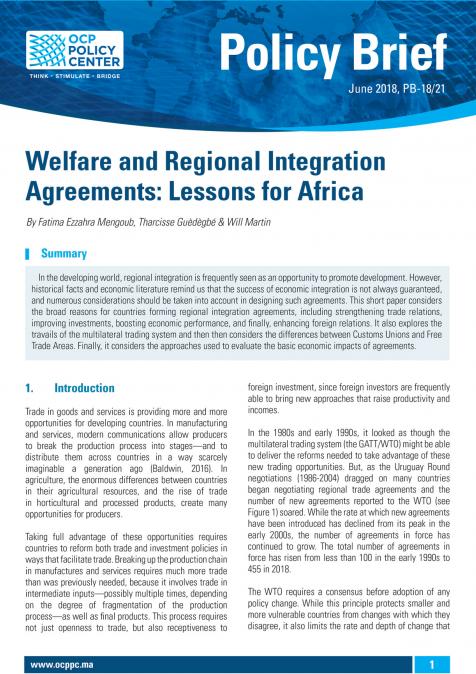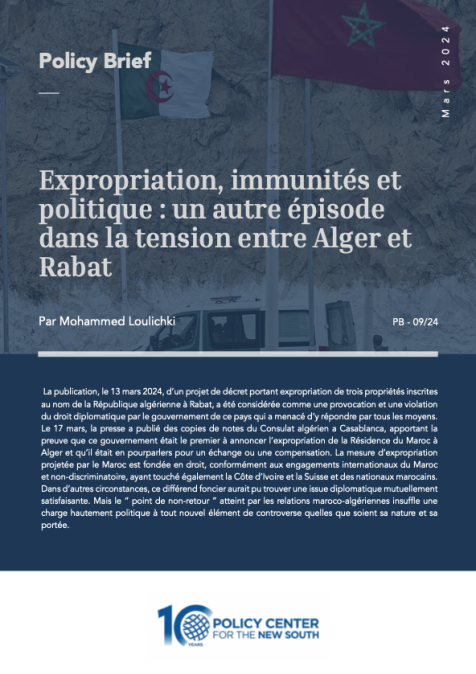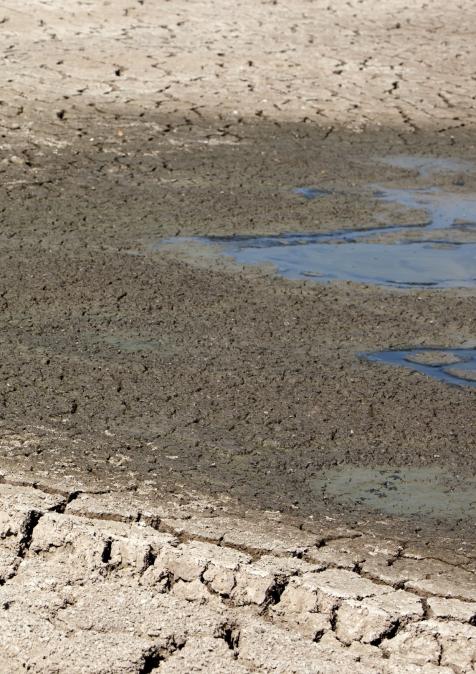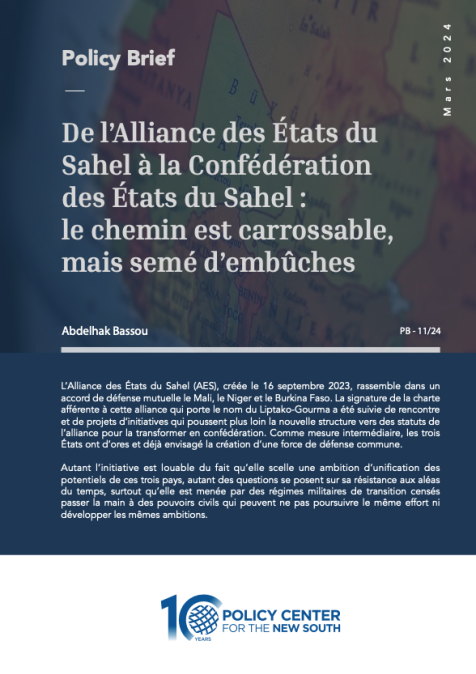Publications /
Policy Brief
In the developing world, regional integration is frequently seen as an opportunity to promote development. However, historical facts and economic literature remind us that the success of economic integration is not always guaranteed, and numerous considerations should be taken into account in designing such agreements. This short paper considers the broad reasons for countries forming regional integration agreements, including strengthening trade relations, improving investments, boosting economic performance, and finally, enhancing foreign relations. It also explores the travails of the multilateral trading system and then then considers the differences between Customs Unions and Free Trade Areas. Finally, it considers the approaches used to evaluate the basic economic impacts of agreements.








